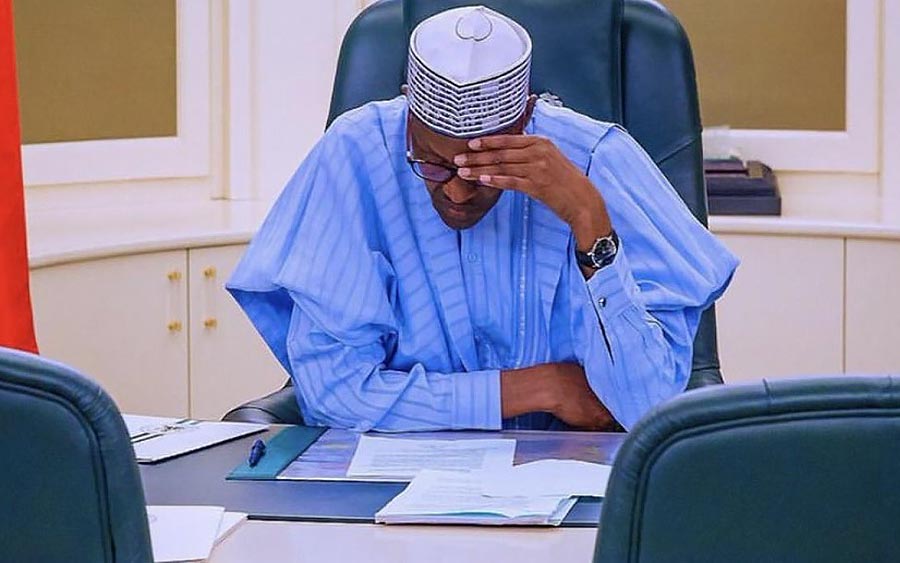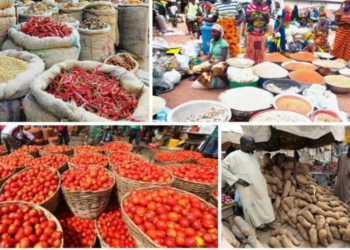In the recently released Q3 2020 debt report by the National Bureau of Statistics, the total public debt was N32.22trn as of 30 September 2020, with local debt making up 62.18% of the total public debt in the period while external debt made up 37.82%.
This is similar to the country’s debt structure in the same period of 2019 when domestic debt made up 68.45% of total public debt and external debt made up 31.55%. Whilst debt to GDP ratio remains within the acceptable threshold, we are increasingly concerned about the nation’s ballooning debt service to revenue ratio.
READ: U.S. budget suffers a deficit of $3.1 trillion in 2020, as pandemic slams the economy
Recall that the Federal Government of Nigeria following a series of revisions to the 2020 appropriation bill arrived at a fiscal deficit of N4.98trn. Based on the finance ministry data, an aggregation of debt monetization (N2.86trn) and New borrowings (N3.28trn) was used to finance the deficit.
READ: Heads of defaulting revenue generating agencies will be severely sanctioned – Buhari
The 2021 appropriation bill forecasts a budget deficit of N5.60tn which would be financed mainly by borrowings of N4.69tn, privatization proceeds of N205.15bn and project linked bilateral & multilateral loans of N709.69bn. The country’s financing structure is of concern when one considers that the budget is tilted more towards recurrent expenditure than capital expenditure and raises questions on the sustainability of the current fiscal practices.
READ: FG directs the suspension of NIMC staff involved in extortion of NIN applicants
The significantly higher recurrent component of the budget continues to drag the country’s economic growth, resulting in poor infrastructural development. Spending more on capital projects can promote industrialization, improve local purchasing power and help the federal government’s diversification drive.
READ: NEM Insurance CEO/MD purchases 4 million additional shares worth N9.2 million
Nigeria continues to face issues of poor revenue generation and lack of will to efficiently manage its expenditure. No significant cuts have been made to its overheads and statutory spending has continued to rise. Nigeria’s growing debt stock with little to show for it in terms of capital expenditure remains a major concern.
READ: Nigeria’s total public debt stock increased by N2.381 trillion in 3 months
CSL Stockbrokers Limited, Lagos (CSLS) is a wholly owned subsidiary of FCMB Group Plc and is regulated by the Securities and Exchange Commission, Nigeria. CSLS is a member of the Nigerian Stock Exchange.




















Solution is simple,reduce the cost of administration canvassed in endsars protest,administrators have milked this country dry from time immemorial,atleast for 10years,it will yield merited and visionary leaders who aren’t up against their own appetite but for the civilization of the state,frontly confront insurgency which is as simple as ABC if sentimentalism will be escwed,and direct those funds to vulnerable aspects of civilization,the issue of the pandemic in the state is due to the unscrupulous attitude,i don’t see reason we should be cold when white men cough,i mean before it ensued,there were caveats,all they needed to do was to seal the state,is it airborne or by tactile?transforming this country is the easiest thing I can ever imagine in my entire life.